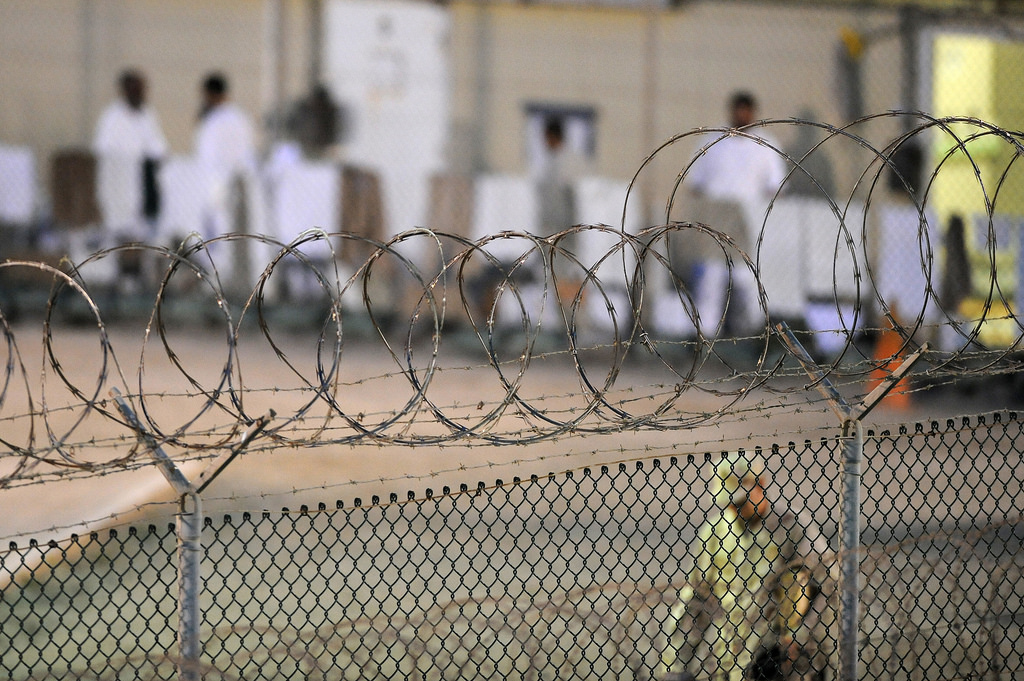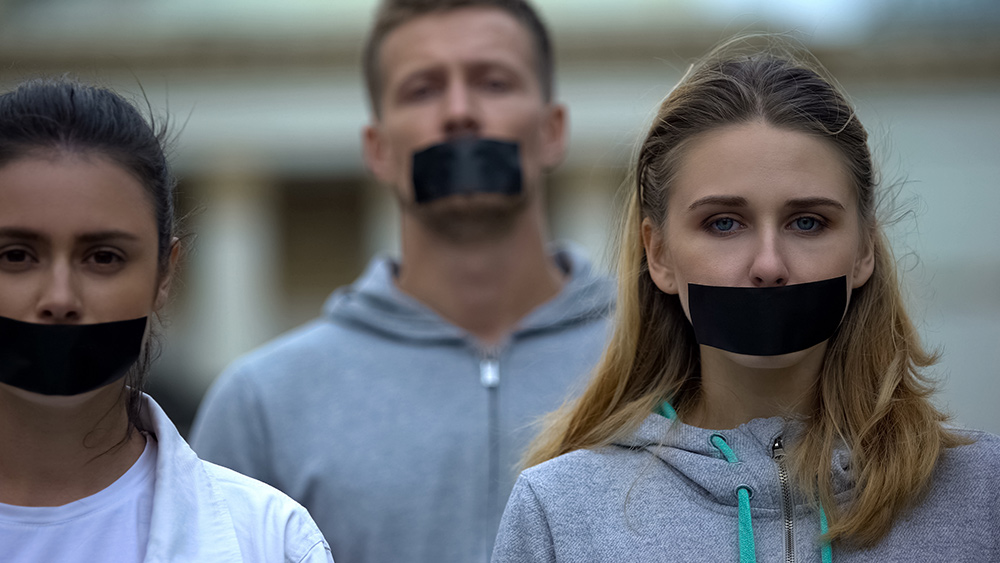 Parler
Parler Gab
Gab
- Florida’s SB 56, which seeks to ban risky weather modification, passed its first committee with a 6-3 vote.
- The bill prohibits altering Florida’s atmosphere, including modifying its temperature, precipitation or sunlight exposure.
- Weather modification techniques such as cloud seeding pose risks to health, ecosystems, and natural weather patterns.
- SB 56 imposes a $10,000 fine for weather modification activities and repeals existing regulatory laws.
- If passed, Florida would join Tennessee in banning geoengineering, sparking a national debate on its ethics and risks.
What is weather modification, and why is it so dangerous?
Weather modification, often referred to as geoengineering, includes techniques such as cloud seeding, where chemicals such as silver iodide are dispersed into the atmosphere to induce rain or suppress hail. While proponents claim these methods can combat drought or mitigate climate change, opponents warn of unintended consequences. A 2023 White House report confirmed that the U.S. government has been funding solar radiation modification (SRM) research, which involves dispersing chemicals into the stratosphere to reflect sunlight away from Earth. These practices are not only experimental but also potentially hazardous. For example, silver iodide, a common chemical used in cloud seeding, has been linked to health risks, including respiratory issues and toxicity. Historical examples highlight the dangers of weather manipulation. During the Vietnam War, the U.S. military’s Operation Popeye used cloud seeding to extend monsoons and disrupt enemy supply routes, causing widespread environmental damage. Similarly, Project Cirrus, a 1947 experiment to redirect a hurricane, inadvertently caused the storm to devastate parts of Georgia.What does SB 56 do?
SB 56 would repeal existing Florida laws that regulate weather modification, including licensing and oversight requirements. It would also impose a $10,000 fine on anyone conducting weather modification activities within the state. The bill’s sponsors argue that Florida should take a proactive stance against these practices, which they describe as both dangerous and undemocratic. After passing the Environment and Natural Resources Committee, SB 56 will move to the Criminal Justice Committee and then the Rules Committee before reaching the Senate floor for a final vote. If passed, Florida would join Tennessee, which enacted a similar ban last year, in taking a stand against weather modification. However, the bill could face legal challenges, as federal laws currently govern many geoengineering activities. A 2010 Government Accountability Office report revealed that billions of taxpayer dollars have been spent on geoengineering research, raising questions about federal oversight and transparency. Florida’s push to ban weather modification reflects a broader national conversation about the ethics and risks of geoengineering. As public awareness grows, other states may follow suit, creating a legislative movement to protect natural weather systems from human interference. As SB 56 advances, Floridians—and the nation—will be watching closely to see if the Sunshine State can lead the way in banning a practice that many believe has gone too far. Sources for this article include: X.com JonFleetwood.Substack.com FLVoiceNews.com TheGatewayPundit.comDOGE freezes all funding to the National Endowment for Democracy (NED)
By Laura Harris // Share
Trump announces expansion of Guantanamo Bay detention facility for criminal migrants
By Ava Grace // Share
Here’s why you should choose only lab-verified cocoa products
By Zoey Sky // Share
Wireless radiation sickness gets a new name: ‘EMR Syndrome’
By News Editors // Share
Governments continue to obscure COVID-19 vaccine data amid rising concerns over excess deaths
By patricklewis // Share
Tech giant Microsoft backs EXTINCTION with its support of carbon capture programs
By ramontomeydw // Share
Germany to resume arms exports to Israel despite repeated ceasefire violations
By isabelle // Share










